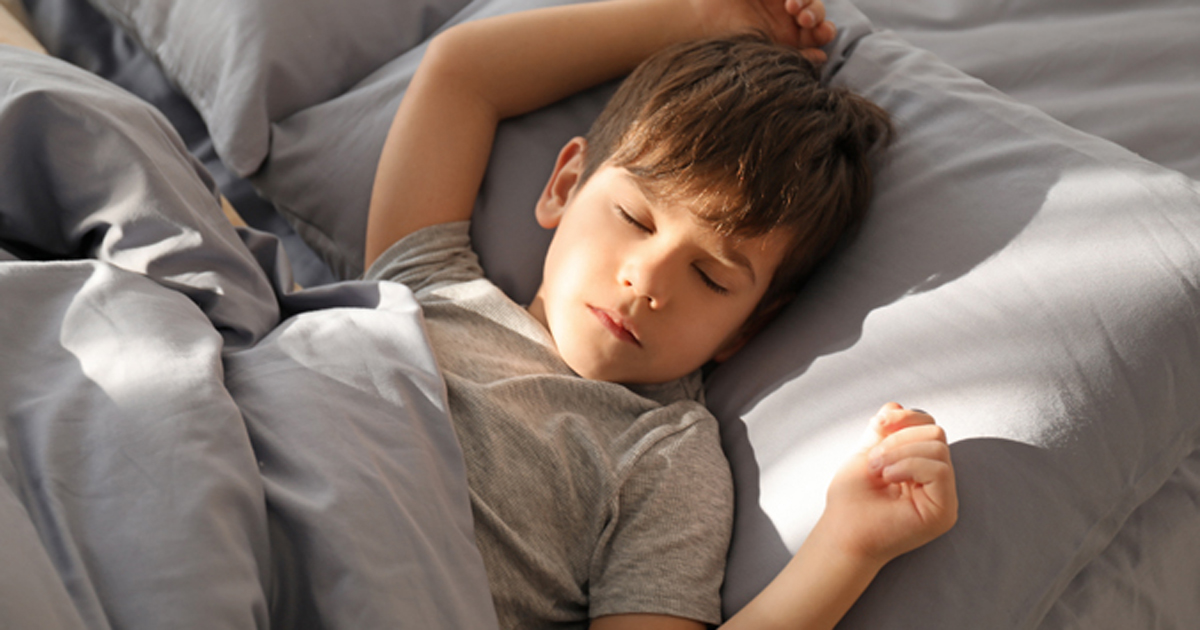
Maxwell K. Improving sleep and emotional self-regulation in youth with mental health disorders: A quality improvement project. Presented at: American Psychiatric Nurses Association 34th Annual Conference; Sept. 30-Oct. 4, 2020 (virtual meeting).
Disclosures: Maxwell reports no relevant financial disclosures.
Specific psychological and behavioral interventions can help improve sleep among children and adolescents with mental health disorders, according to a presenter at the American Psychiatric Nurses Association Annual Conference.
“In the general population, approximately 20% to 40% of children and adolescents obtain poor quality and/or duration of sleep,” Katherine Maxwell, DNP, APRN-CNP, PMHNP-BC, a psychiatric-mental health nurse practitioner at Cincinnati Children’s Hospital Medical Center, said during the presentation. “In youth with mental health disorders, there’s an even higher percentage of sleep problems, at 75% to 80% nationwide. That’s why this is such an important topic for this population, since inadequate sleep can exacerbate psychopathology and symptomatology of mental health disorders, including difficulties with emotional self-regulation.”

According to Maxwell, poor emotional self-regulation has been linked to adverse outcomes, such as internalizing and externalizing behavioral problems, peer relational problems, poor social skills and risk-taking behavior. In a quality improvement project, Maxwell and colleagues sought to develop a standardized process by which to screen for and treat sleep problems, which was lacking prior to the current investigation. Specifically, the researchers aimed to reduce sleep problems and improve emotional self-regulation among youth aged 12 to 18 years who had mental health disorders and were attending a 7- to 10-day psychiatric partial hospitalization program. They assessed participants using the Pittsburgh Sleep Quality Index (PSQI) and both the parent and child versions of the Ohio Scales for Youth upon admission and discharge. They taught patients and parents several interventions, including cognitive behavioral therapy, stimulus control therapy, relaxation therapy, sleep hygiene education and sleep restriction.
Among 22 participants screened with the PSQI, 95% reported improved sleep quality and 45% exhibited a significant improvement in their sleep. Among 14 participants who completed the child version of the Ohio Scales for Youth, 71% reported significant post-intervention improvement in emotional self-regulation, which marked a 32% increase from previously collected data. A total of 50% of parents who completed the parent version of the Ohio Scales for Youth reported significant improvement in their child’s post-intervention emotional self-regulation, representing a 27% increase from previous data.
“Adequately screening for and treating sleep problems in our youth with mental health disorders led to improved outcomes,” Maxwell said. “To provide high quality of care, the implementation of a standardized process to screen for and treat sleep problems in a child and adolescent psychiatric partial hospitalization program is warranted.”